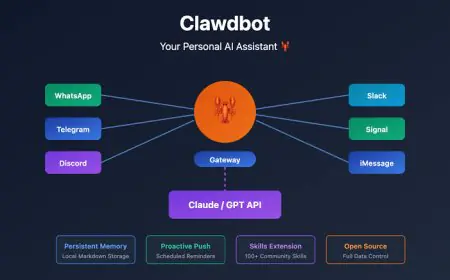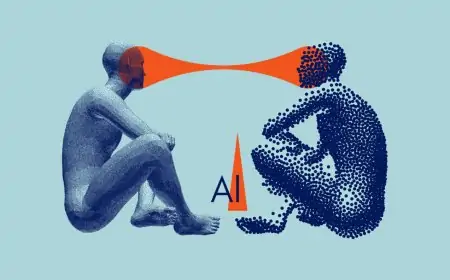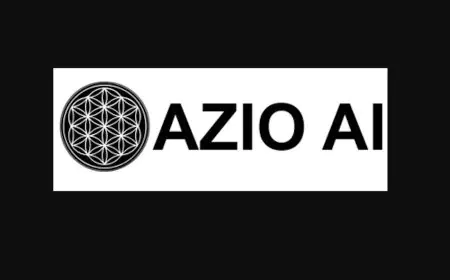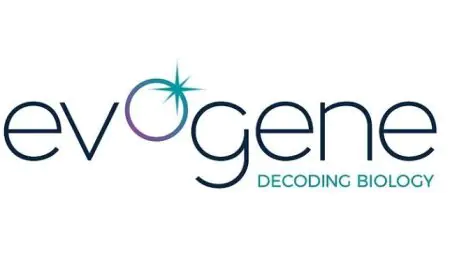Generative AI Revolutionizes Journalism: Public Perceptions and Ethical Concerns
Generative AI is transforming journalism, but public sentiment reveals concerns about transparency and ethical implications. A recent report highlights how audiences feel about AI's role in newsrooms across seven countries.

Generative artificial intelligence (AI) has rapidly integrated into journalism, reshaping how stories are reported and consumed. A recent report based on three years of interviews and focus group research across seven countries—Australia, the United States, the United Kingdom, Norway, Switzerland, Germany, and France—reveals both the potential benefits and the significant concerns surrounding this technology's use in newsrooms.
The Role of Generative AI in Journalism
Generative AI tools are being utilized for various tasks within journalism, from transcribing interviews to creating content. According to the report, audiences generally feel more comfortable with journalists using AI for behind-the-scenes functions rather than for editing or creating articles directly. For instance, many participants expressed support for using AI to generate ideas for coverage or to assist in data analysis. However, comfort levels vary significantly depending on the context of use; tasks perceived as low-risk are more readily accepted by audiences.
Public Concerns About Transparency
Despite the increasing adoption of generative AI in newsrooms—where 73% of publishers now leverage these tools for newsgathering—only 25% of surveyed news audiences felt confident they had encountered generative AI in journalism. This suggests a troubling lack of transparency from news organizations regarding their use of AI technologies. Many participants voiced concerns that without clear communication about how and when AI is employed, trust between media outlets and their audiences could deteriorate.
Ethical Implications and Potential Risks
The report also highlights significant ethical considerations associated with generative AI in journalism. For example, while AI can enhance efficiency by automating mundane tasks like data gathering and transcription, it raises questions about accuracy and bias. There is a risk that reliance on AI could perpetuate existing inequalities in news coverage if not managed carefully.
Moreover, the potential for generative AI to create misleading content—such as photorealistic images or fabricated videos—poses a challenge to journalistic integrity. Participants expressed discomfort with the idea of AI-generated content being presented as factual reporting without human oversight.
Balancing Innovation with Responsibility
As generative AI continues to evolve within the industry, it is crucial for news organizations to strike a balance between leveraging these powerful tools and maintaining ethical standards. The report emphasizes that while generative AI can streamline workflows and enhance storytelling capabilities, human oversight remains essential to ensure accuracy and accountability. This sentiment is echoed by many industry professionals who advocate for a collaborative approach where journalists work alongside AI technologies rather than being replaced by them.
While generative AI holds immense potential to transform journalism by improving efficiency and audience engagement, public perceptions reveal a cautious approach is necessary. Transparency about its use and a commitment to ethical practices will be vital as the industry navigates this new landscape.



























































